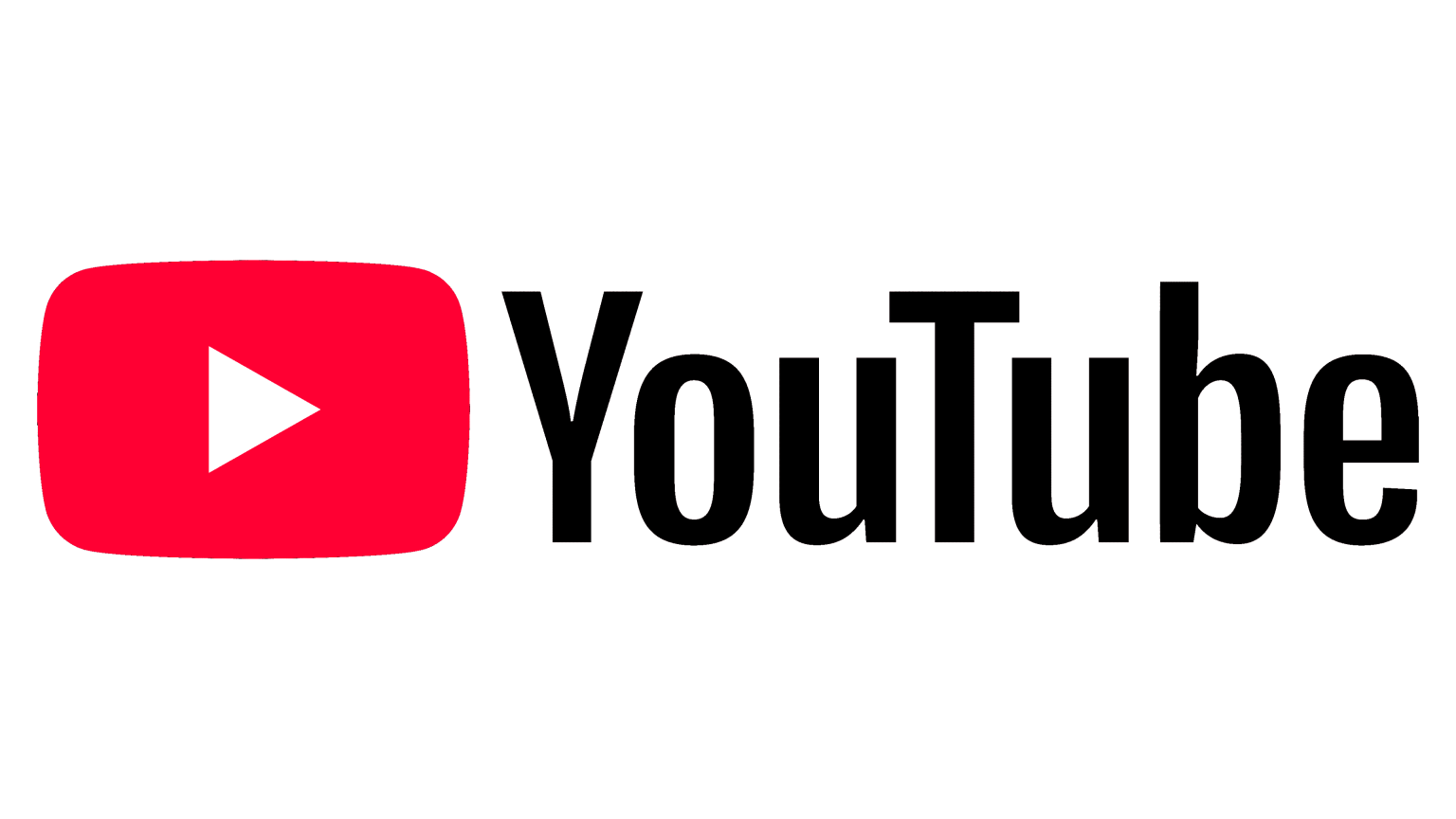YouTube will start testing a new AI-powered age verification system in US from Wednesday, aimed at distinguishing adults from minors based on the types of videos they watch.
Initially, the trial will impact only a small portion of YouTube’s US users but could expand if the system proves as effective as it has in other regions. The technology will operate only when users are logged into their accounts and will assess age regardless of the birth date provided during registration, reports UNB.
If the system identifies a logged-in user as under 18, YouTube will apply existing controls and restrictions designed to protect minors from inappropriate content and behavior on the platform. These measures include reminders to take breaks, privacy warnings, and limitations on recommended videos. Additionally, YouTube does not serve personalised ads to viewers under 18.
Users incorrectly flagged as minors can correct the error by verifying their age with government-issued ID, credit card, or a selfie.
James Beser, YouTube’s director of product management, said in a blog post, “YouTube was one of the first platforms to offer experiences designed specifically for young people, and we’re proud to again be at the forefront of introducing technology that allows us to deliver safety protections while preserving teen privacy.”
Users can still watch videos without logging in, but this triggers automatic restrictions on some content due to lack of age verification.
Pressure has been mounting on online platforms to improve age verification following the US Supreme Court’s recent approval of a Texas law aimed at blocking minors from accessing pornography online.
While platforms like YouTube are enhancing age checks, others argue that app stores operated by Apple and Google should bear more responsibility, a stance opposed by both companies.
Some digital rights groups, including the Electronic Frontier Foundation and the Centre for Democracy & Technology, have voiced concerns that such age verification measures could threaten personal privacy and infringe upon free speech protections under the First Amendment.


